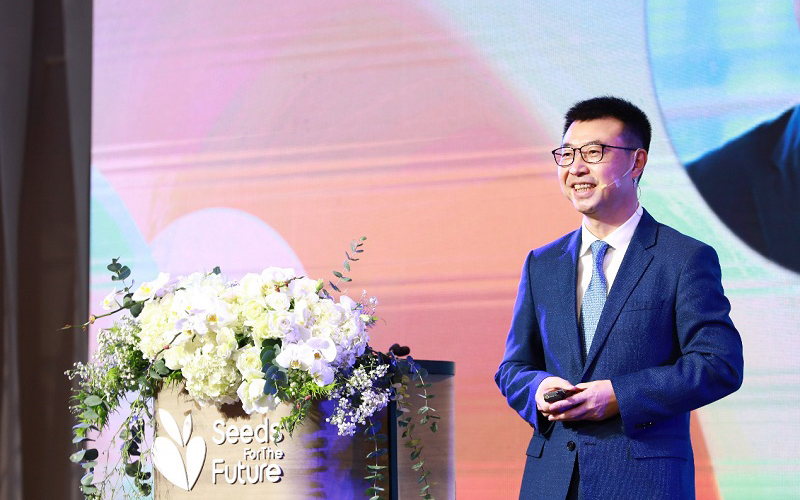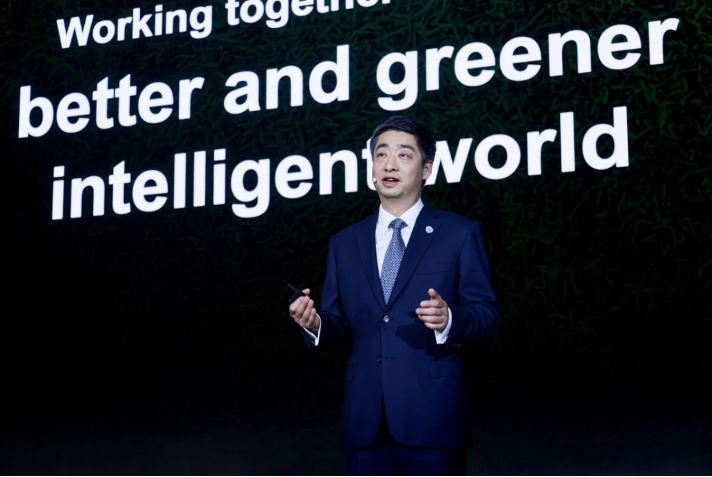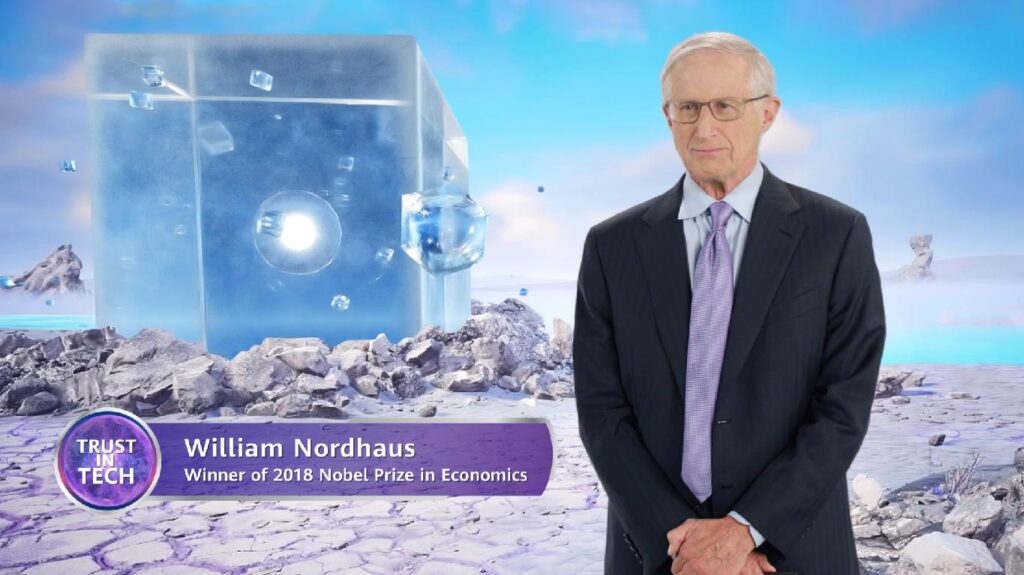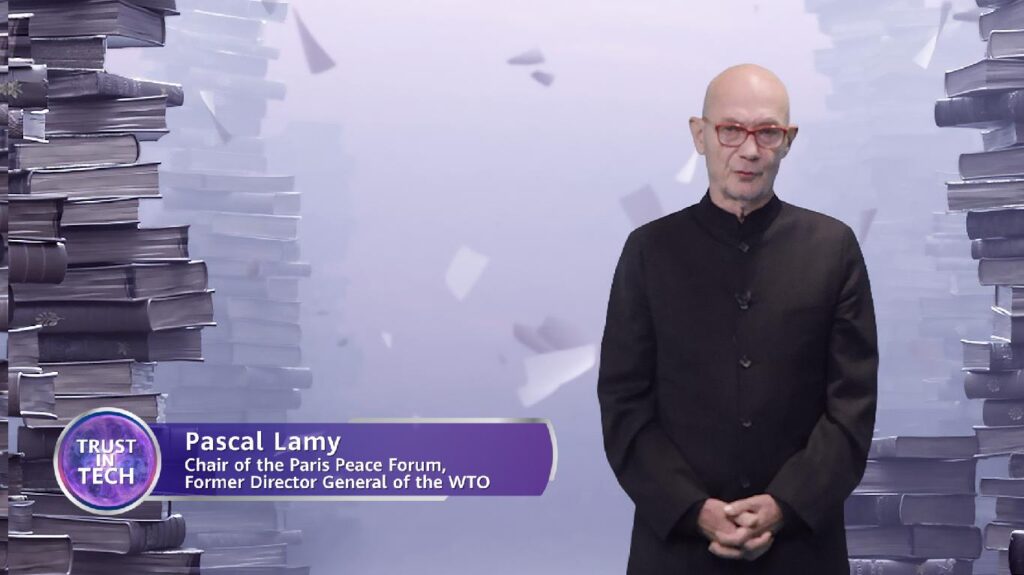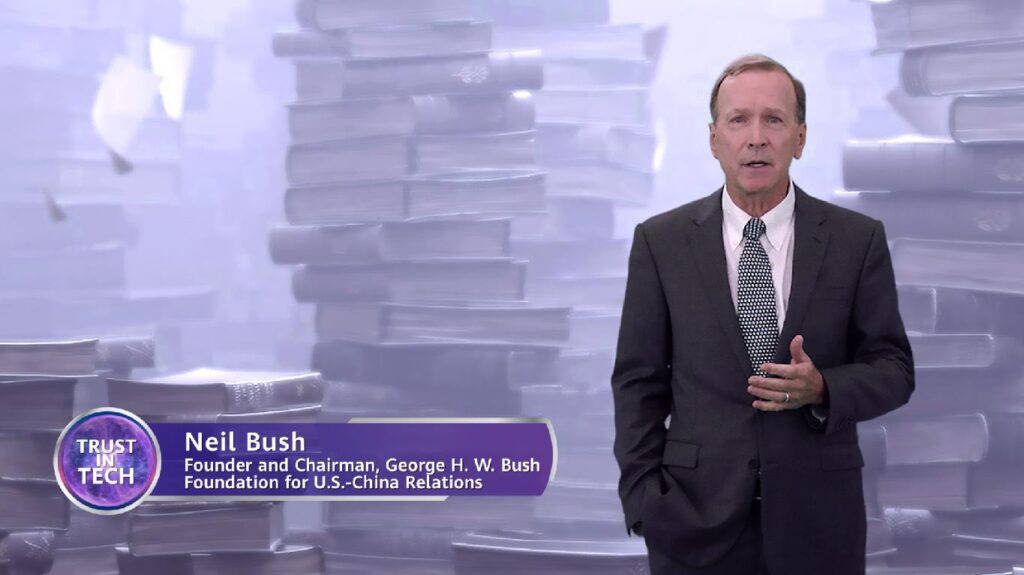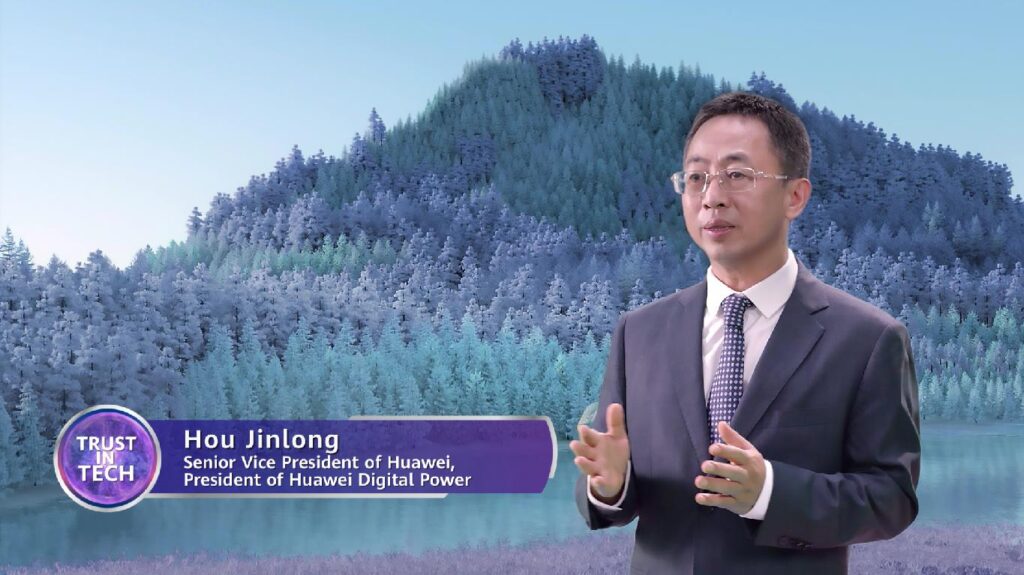Huawei launched Asia Pacific Seeds for the Future 2022 last Friday (August 19). The program will bring together 120 outstanding students from 16 countries across the Asia Pacific region for a 9-day digital boot camp in Thailand, including 10 students from the Philippines. From August 19 to 27, ten Filipino delegates who are ready to demonstrate their talent and abilities will join the journey this year.
The opening ceremony was attended by both local government officials and representatives of multiple international organizations. They highlighted multi-party collaboration’s important role in creating a solid foundation for the region’s digital talent ecosystem.
Secretary-General of ASEAN, H.E. Dato Lim Jock Hoi stressed that digital talent will be the driving force in the construction of a Digital ASEAN: “The private sector can play a pioneering role in realizing this vision. In this regard, I commend Huawei Asia Pacific’s initiative: Seeds for the Future Program. This project underscores the long-term commitment of Huawei to collaborate and prepare the ASEAN youth for the changing world of work and industry demands. I hope that such efforts could also be extended to the other ASEAN Member States.”
Executive Director of ASEAN Foundation, Dr. Ms. Yang Mee Eng said: “The growth of ASEAN Digital Economy is entirely dependent on the capability of the region’s young people to participate in it. To nurture a generation of digitally savvy and innovative problem solvers, it is pivotal for stakeholders of ASEAN to create a robust learning ecosystem that allows our youth to advance their digital skills.”
Director for the ICT Industry Development Bureau of DICT in the Philippines, Ms. Emmy Lou V. Delfin delivered her message, “Thank you to Huawei for this partnership with the DICT in developing Filipino youth to become entrepreneurs through ICT. Huawei Seeds for the Future program is so timely and relevant especially for our college students. Getting the right skills and training builds for a brighter future. Just as your tagline says – inspiring talents to shape the future.”
The participants will get immersed in technologies and cross-cultural experiences, and propose technical solutions to address social problems through Tech4Good projects. 56 of the 120 participants this year are women, making the 2022 cohort the most gender-balanced in the region since the program was initiated.
Asia Pacific Seeds for the future 2022 is not only about knowledge learning but also about how to transform ideas into initiatives and projects that will provide a decent, quality, and happy life for all. Deputy Minister of Education of Thailand Khunying Kalaya Sophonpanich agreed that “The Seeds for the Future program is important for students interested in ICT and digital technologies as it fills the gap between theory and practice. The Ministry of Education envisions a greater focus on morals and ethics, whereas education should also emphasize digital skills. This is regarded as the most significant development in the Thai education sector; boosting the quality of education, in all forms, to advance education to a global level.”
President of Huawei Asia Pacific Mr. Simon Lin reiterated Huawei’s commitment to talent development: “The ‘seeds’ represent hope, passion, and future. As the corporate-level flagship CSR project with the longest history, this program has been brought to nearly 140 countries and regions, reaching over 12,000 students from 500 universities. The ‘Seeds’ have grown to a global ‘forest’.” “Digitalization is the driving force for our future. Talent is the key to digital transformation and sustainable growth. We deeply believe that the young generation will grow as the constructors of Asia Pacific when pursuing their tech dreams,” Simon Lin added.
The opening ceremony ended with 16 Seeds representatives performing the song “Dream it Possible” together in their languages.
From today, they would embark on a cultural and digital journey filled with site visits including the United Nations Regional Hub in Bangkok, the Metaverse Expo, and the Grand Palace in Bangkok. At the same time, the participants will be provided training in cutting-edge technologies like 5G, AI, and cloud computing from industry-leading experts.
During the digital camp, the participants will be expected to team up and create a “Tech4Good” pitch where they will share their visions for a better digital world. The winning teams will be given a place in an accelerator camp in Singapore that will be held from August 29 to September 4. This camp will allow them to meet top-notch entrepreneurs and investors and further develop their initiatives and bring their ideas to the market.
Seeds for the Future is Huawei’s flagship Corporate Social Responsibility program that brings together young talent from top universities around the world. Huawei Philippines launched the program in 2015 to inspire ICT talent and encourage them to tackle social challenges with digital solutions. As of the end of 2021, the program had been reaching over 200 students from over 30 universities in the country.
For more information, please visit Huawei online at www.huawei.com or follow:
https://www.facebook.com/HuaweiTechPH
Featured photo: Mr. Simon Lin, President of Huawei Asia Pacific
#Huawei #rubyspreciousmoments #rubyasoyph


